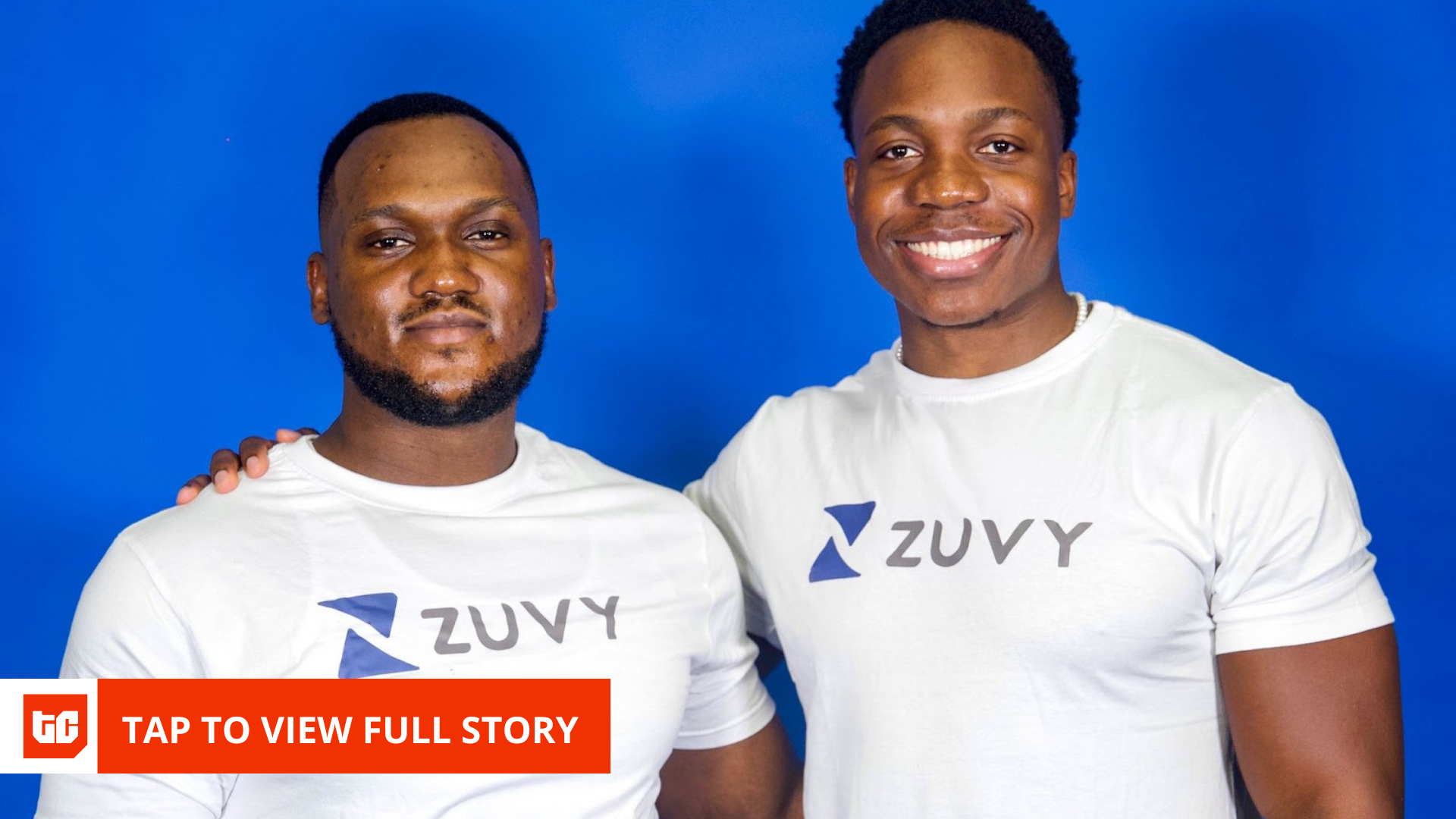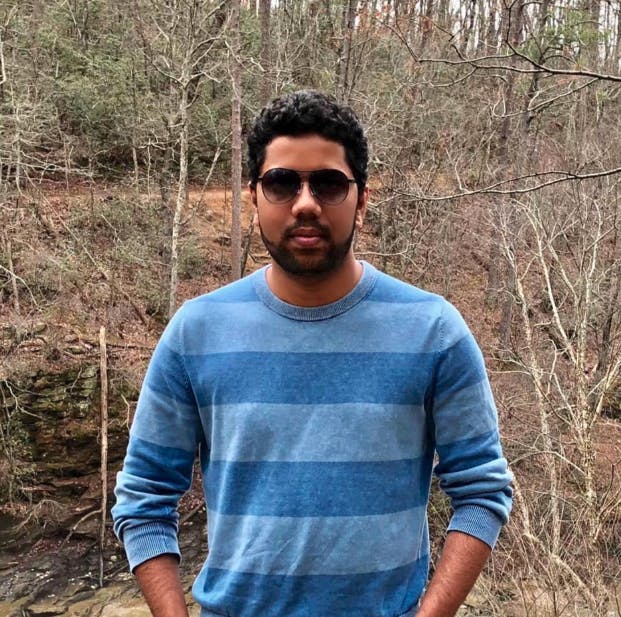BAS Group, a Nigerian investment company that controls businesses in healthcare, micro-insurance, and finance, has acquired a majority stake in Zuvy Technologies, a Lagos-based startup that provides short-term financing to small businesses through invoice discounting. The value of the all-cash deal was not disclosed, but BAS now owns more than 50% of the company and has assumed operational control.
As part of the transaction, all institutional investors in Zuvy have been bought out. The startup’s co-founders, Angel Onuoha and Ahmad Shehu, will retain minority stakes but are stepping back from day-to-day operations.
The deal signals BAS Group’s growing ambitions in Nigeria’s underserved SME finance market, where a $236 billion credit gap leaves many businesses struggling to access working capital. With the acquisition, the company adds invoice-backed credit to its offerings, allowing vendors that supply large companies—especially fast-moving consumer goods (FMCG) manufacturers—to access early payment on their invoices without needing traditional collateral.
“Think of the Zuvy platform as another add-on under our finance arm,” BAS Group CEO and founder Abdulateef Hussein told in an interview. “It’s going to be very seamless for us because it’s just a new product added to our lending offerings.”
Zuvy provided short-term credit (60–90 days) after vendors submitted invoices verified with the large companies they supplied. BAS found Zuvy’s broad vendor list attractive as it seeks to diversify its SME lending portfolio. The company saw invoice discounting as a way to extend credit with greater confidence, using verified invoices from vendors that supply goods and services to heavyweight customers such as Dangote, Eat n’ Go’s fast-food outlets, and Rite Foods. That buyer-side credibility, Hussein believes, reduces risk and speeds up lending decisions.
BAS Group, which also owns a micro-insurance (ALLY Microinsurance) business and holds a stake in a microfinance bank (ALLYCare), will layer Zuvy’s lending platform with services it already offers, such as banking products, health-maintenance cover, and credit-life insurance, to give small businesses a broader suite of financial options.
“We are excited about this acquisition,” Hussein said. “A lot of the infrastructure is ready. It is just for us to scale it with our capital and institutional relationships in the market. A lot of the repayments we will be receiving will now be channeled through the Zuvy platform.”
Founded in 2021, Zuvy began as a direct lender before pivoting to a loan origination model, helping over 1,500 businesses secure financing with support from partners like TLG Capital and Advancly. In 2023, the startup raised $4.5 million in a debt and equity round, with participation from TLG Capital, Dunbar Capital, Next Chymia Consulting HK, and angel investors David Mussafer, Khalil Osman, and several others.
Zuvy has fully repaid the $4 million debt it raised in that round, according to Onuoha.
Despite spending years building infrastructure for invoice-based financing and filling a short-term credit gap in Nigeria, Zuvy struggled to grow its loan book and scale rapidly, partly because its direct lending model depended on continuous fundraising. In search of a model that could support long-term growth, the startup shifted from direct lending to a loan origination model, weighing the trade-offs between control and scalability.
“When you’re doing direct lending, you have full control over the exact types of loans you want to disburse, but it relies on constant fundraising to actually scale your loan book,” said Onuoha. “With loan origination for other partners, you lose some of that control, but we were able to massively scale our loan book by over ten times the size.”
Yet, Onuoha claims the startup was profitable at the time of acquisition.
Discussions around an acquisition had been ongoing for months. Once Zuvy’s founders understood what BAS was building and the depth of its experience in the local market, they viewed the investment company as a strategic long-term partner. Under BAS, Zuvy could expand its loan book and reach more businesses through the company’s existing financial services operations, which already serve small enterprises.
Inside BAS Group’s lending ambitions
In 2025, BAS Group launched BAS Finance Company, its finance subsidiary, with three core lending products: payroll lending, car-for-cash loans—which allow customers to borrow against the value of their vehicles—and collateral-backed SME loans. But Hussein said those products left many businesses unserved.
“Most SMEs in Nigeria don’t have real estate or collateral, and even when they do, the approval process is long,” said Hussein. “We decided to explore the invoice-discounting aspect so we can rely on the credibility of anchors like Dangote and Rite Foods. Once invoices are verified, we give a discount on the back of that and still play in the SME lending space.”
BAS manages a ₦1.5 billion ($967,355) loan book and plans to funnel repayments and future disbursements through Zuvy’s tech-enabled system. The integration will be led by Kayode Adnan, COO of BAS Group, who also oversees the company’s lending unit.
The acquisition will not result in layoffs, and Zuvy’s tech and business development teams will continue under the BAS umbrella.
“We’ve been friends of the house for a very long time because of our relationship with the founders,” Hussein said. “So we’re not anticipating culture shocks.”
Zuvy founders pivot to healthtech
Onuoha and Shehu have since founded Avelis Health, a US-based company that helps patients spot errors in their medical bills. Their exit from Zuvy was planned before the acquisition, with both founders stepping away from the startup in March, according to their LinkedIn profiles. Their new startup, Avelis, was accepted into Y Combinator’s Summer 2025 cohort.
“I’ve had a chronic knee injury for the past decade,” Onuoha said. “In the US, medical billing is an extremely complex system. Oftentimes, when you go to the hospital, you’re massively overcharged, and your bills are full of errors. I wanted to find a way to help patients push back against those bills and give them the tools to actually pay fair prices for the care they receive.”
Mark your calendars! Moonshot by is back in Lagos on October 15–16! Join Africa’s top founders, creatives & tech leaders for 2 days of keynotes, mixers & future-forward ideas. Early bird tickets now 20% off—don’t snooze! moonshot..com










